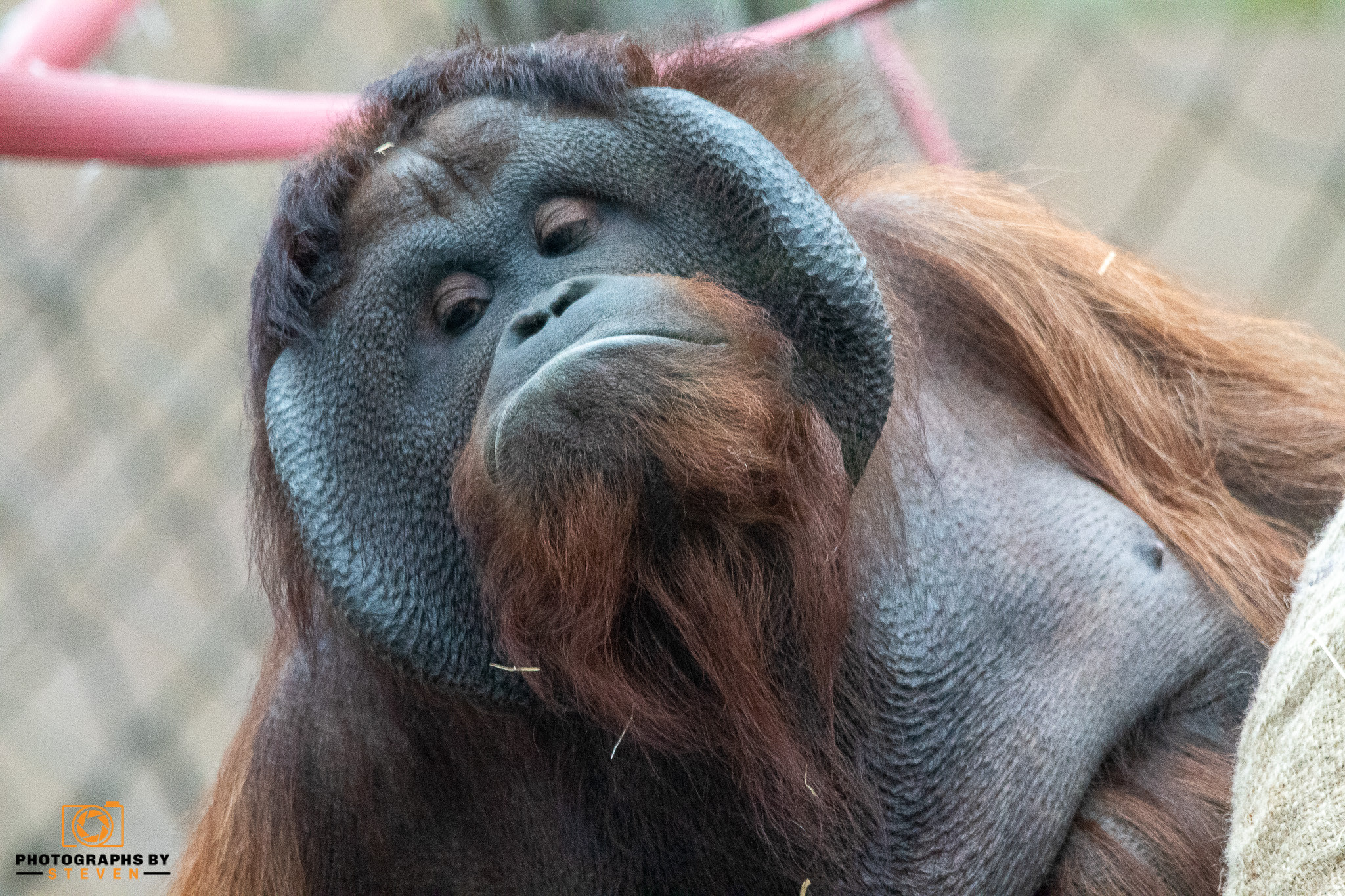Travelling the world with a camera in hand appears to be the "in" thing to do these days. Photography is one of those professions that often begins as a hobby and evolves into a full-fledged career. So, if you have a part-time hobby that you enjoy, it's time to recognise your talent and turn it into a full-time career.
Because photographers have the opportunity to work in various settings and meet a diverse range of people, a career as a photographer can be an exciting avenue for creative expression. However, because photography is a technically demanding profession, those interested in pursuing it should consider the training required before committing to it.
Why Pursue a Career in Photography?
The field of photography has changed dramatically in recent years. Traditionally, photography was restricted to events, weddings, and movies; however, the recent boom in e-commerce, advertising, mass media, and other related fields has resulted in high demand for professional photographers.
People's hectic life schedules these days are challenging to keep up with. We have all become overly reliant on various websites for clothing, cosmetics, food, and so on, which has resulted in high demand for good photographers in commercial fields such as fashion photography and food photography. Other fields, such as sports photography, wildlife photography, pet photography, and so on, have grown in popularity.
Can I become a photographer without a degree?
To work as a professional photographer, you don't need a college diploma or certification. The term "professional" refers to working with cameras and taking pictures for a living. Photographers frequently begin their careers as interns, assistants, or other related positions, gaining experience learning their craft.
A formal qualification is not required to become a photographer, but a good eye, creativity, and technical skills are required.
You can learn about photography by taking courses at a college or university. Most professional photographers have studied photography at a college or university level.
Steps to Becoming a Photographer
Create a Niche for Yourself
To become a professional photographer, you must experiment with various genres to learn various aspects of photography. Covering a social event, for example, will expose you to candid photography, whereas working with models will expose you to fashion photography. As a result, branching out into different domains will help you understand your strengths and build expertise in the areas of your choice. In the long run, you'll be able to carve a niche in your chosen field of photography.
Communication
Professional photographers must translate customers' ideas into images, who must listen to them. As a result, they must ask the right questions and communicate their ideas verbally and in writing to demonstrate that they understand the customer's wishes and explain the feasibility of specific action plans.
Professionalism
You should put together a portfolio that demonstrates your knowledge of art and design concepts and techniques. You should also demonstrate an understanding of current photography trends and practices. Industry standards should be met or exceeded in the portfolio.
Skills Required for Career in Photography
To become a great photographer and have a successful career in photography, one must master the following skills:
- Combining conceptual elements with technical elements
- Arranging and understanding composition
- Using digital editing technology
- Setting uplighting
- Putting together a photography portfolio
- Using software and technology like Photoshop
- Understanding terminology
- Using different cameras, films, and equipment
Which Camera Should I Begin With?
The quality, capabilities, and affordability of the camera you choose for your photography career are essential considerations. When you're first starting, keep your costs low and buy a camera that's simple to use and understand.
If you want to start shooting digital photography, a standard DSLR with a primary kit lens can be an excellent first camera for any aspiring photographer.
Explore landscape vs portrait orientation in photography.
Conclusion:
Starting a career in photography can be done in various ways, as you can see. From picking out a primary starter camera to learning the fundamentals and determining your ideal level of employment, you can jumpstart your career in no time.



Leave me a comment
Thank you for reading my post, if you want to leave a comment, you can do so below.